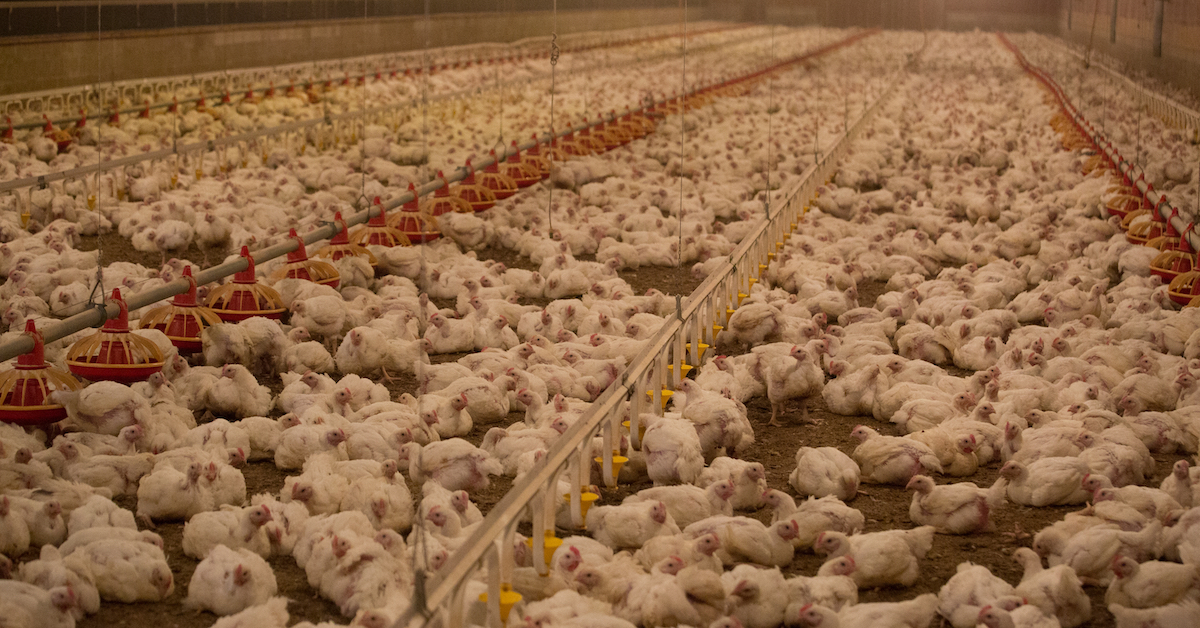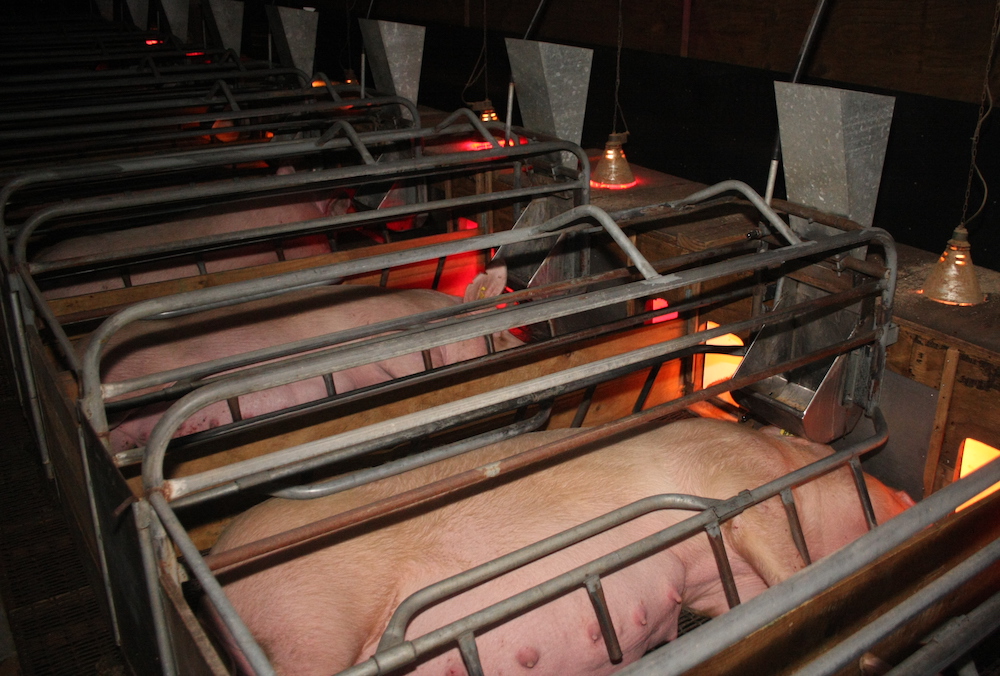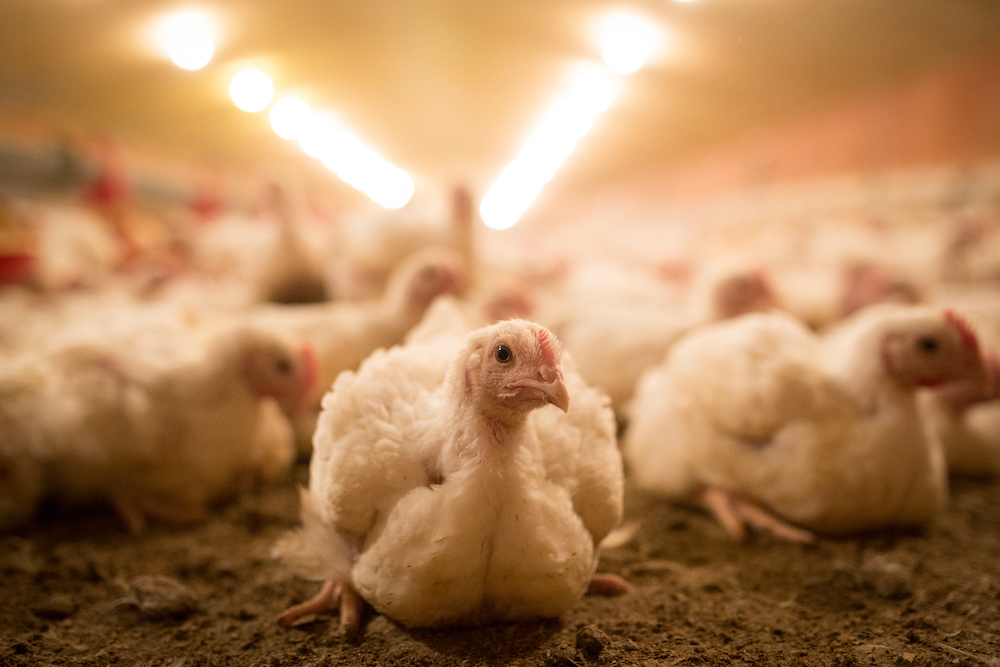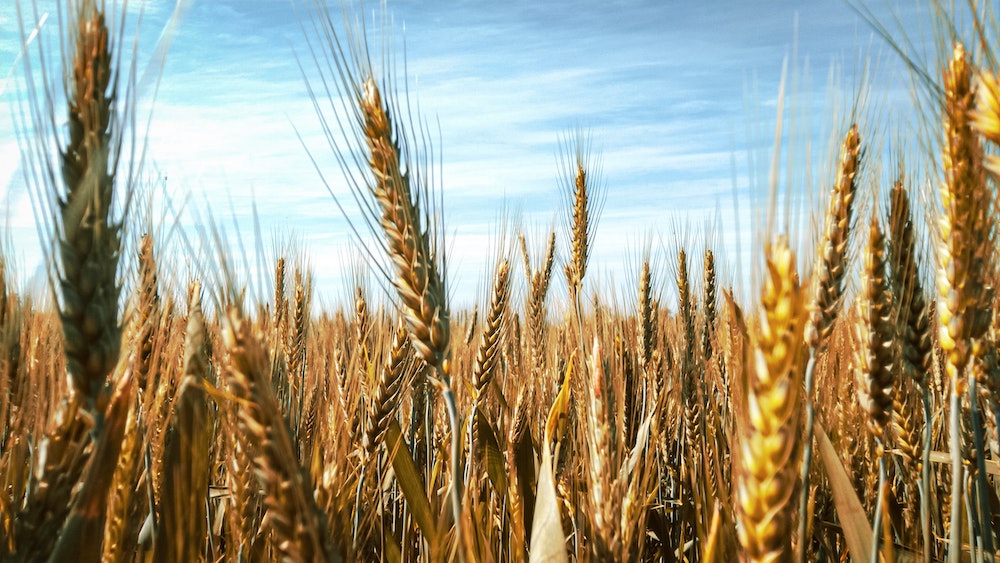
Unprecedented times require new thinking
March 30th, 2020As we begin a month of lockdown, many people are anxious about what this will mean for our food security. The Government has acknowledged that the animal farming sector as “essential” to feeding New Zealand and the world. But taking a step back, is the answer to our current crisis to do more of what we’ve done in the past, or is our current relationship with animals what got us into this mess in the first place?
Pandemics such as that caused by COVID-19 are a significant threat to life on earth, and they come from the very food we eat – a direct consequence of using animals for food. Many people don’t realise that in addition to live animal markets, intensive farming – wherever it occurs – also risks zoonotic diseases such as COVID-19 being passed from animals to humans.
“Intensive farms are the perfect place to harbour disease, due to the high density and low genetic diversity of the animals kept there.”
If we are serious about combating infectious diseases, we need to look at how they start. The source of the COVID-19 appears to have been a live wild animal market in Wuhan, China. This strain is just the latest in a series of viruses that have spread from animals to humans. In many cases, these diseases originate in animals kept in intensive farming operations.

These diseases kill. The H1N1 ‘swine flu’ started in an intensive pig farm and spread rapidly to over 214 countries. Globally, swine flu has infected about 1.4 billion people and has caused as many as half a million deaths. The H5N1 ‘bird flu’ is even more deadly, with a sixty per cent human death rate. Right now, both India and China have bird flu outbreaks in their intensive chicken farms.
Intensive farms are the perfect place to harbour disease, due to the high density and low genetic diversity of the animals kept there. In New Zealand, around 160 million animals are raised intensively every year. Most are kept in conditions that not only cause severe stress to the animals, weakening their immune systems, but which also favour the mutation of pathogenic viruses, which can then cross the species barrier.

The perfect example is how the vast majority of the 125 million chickens bred for meat are kept. They’re forced to spend their six-week lives crammed in a shed with tens of thousands of other genetically similar birds. They stand on a floor of litter and faeces, which is not cleaned out until they are taken for slaughter.
We can’t imagine that Aotearoa is not at risk. To do so would be irresponsible. With the Infectious Bursal Disease outbreak in chickens last year and the ongoing battle to contain Mycoplasma bovis, we’ve got to admit that being an island nation can’t protect us. The spread of COVID-19 has highlighted that.
The dangers of intensive farming, not just to the animals suffering inside them, but also to people, have been signalled for years. While experts are working to address the COVID-19 pandemic, we need to start working on preventing them in the first place.

It’s time to learn from the mistakes of the past. The solution requires bold action – a phase out of animal farming, with farmers being supported and re-trained for a transition to a plant-based primary sector. It’s time to rethink our relationship to animals and embrace a kinder, safer plant-based future for Aotearoa.
Marianne Macdonald is a campaigns manager at SAFE.
